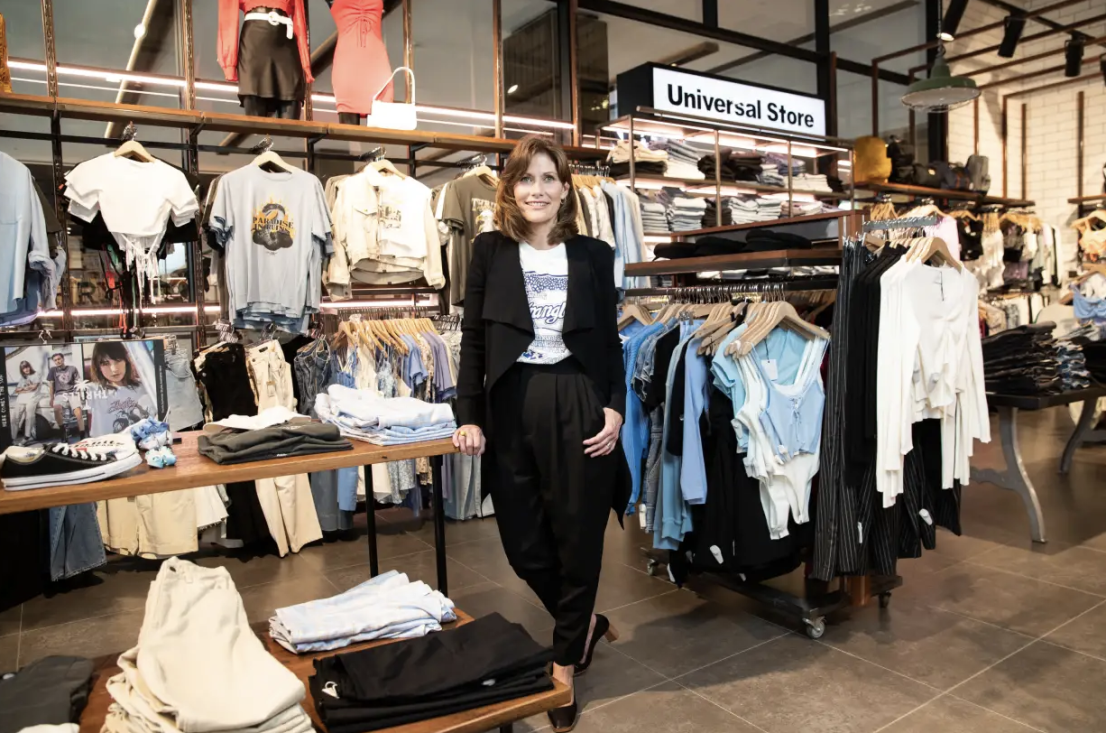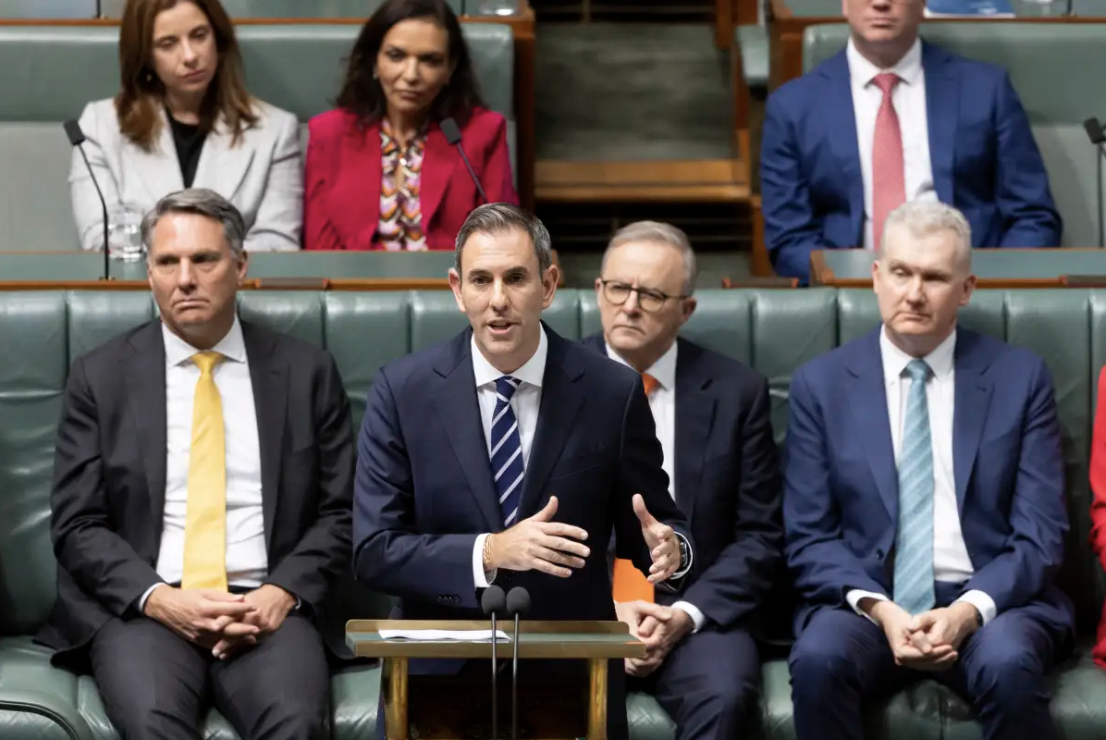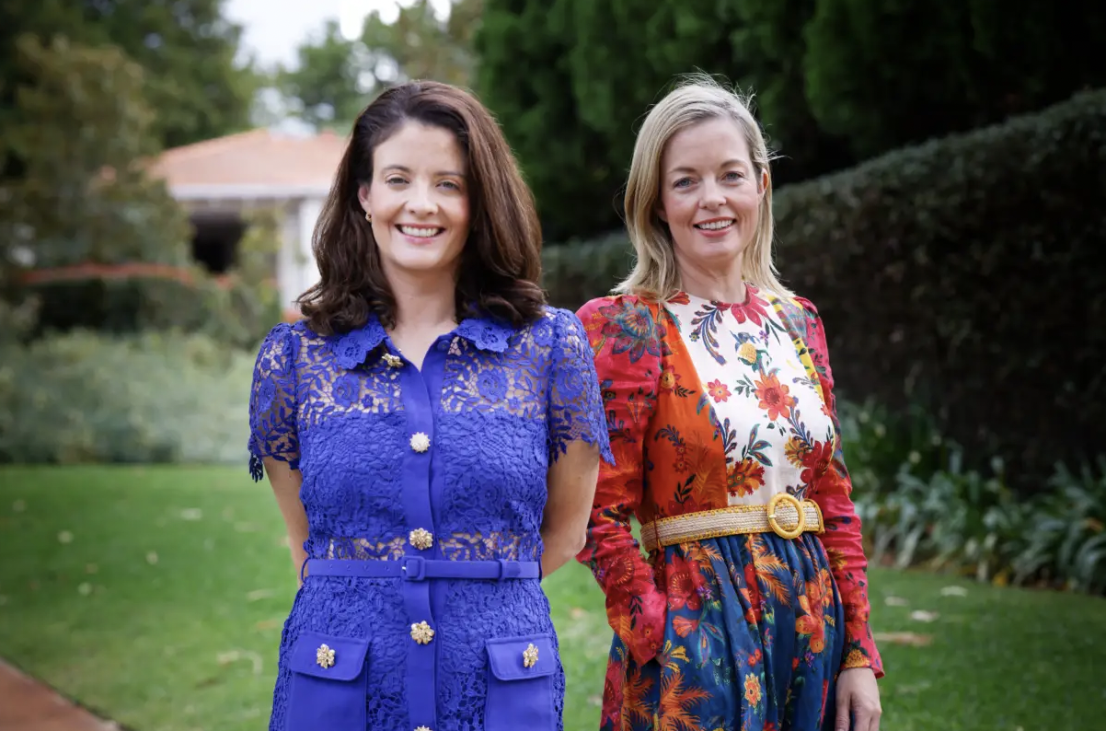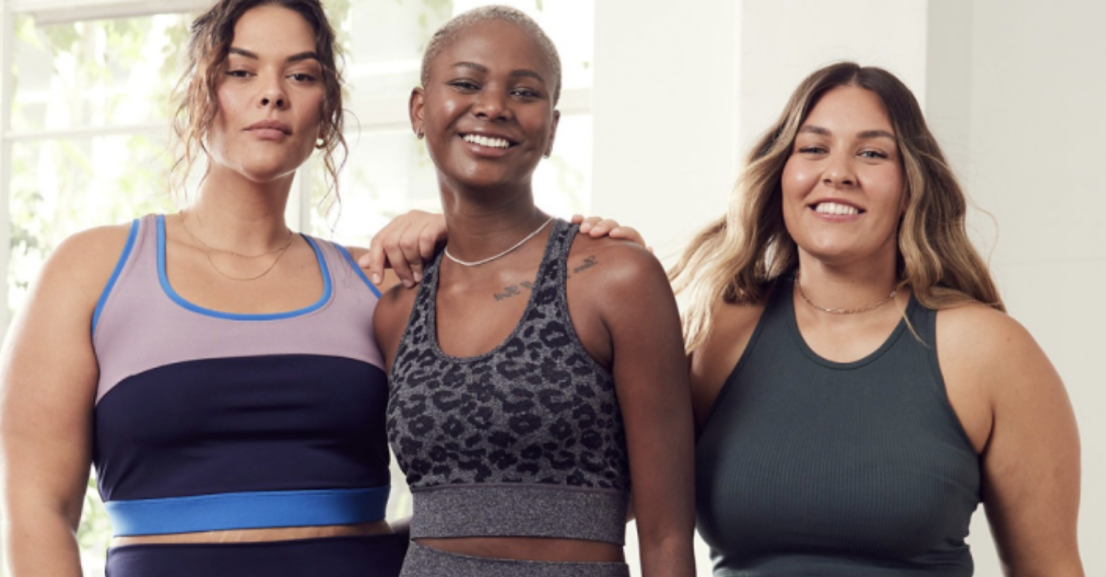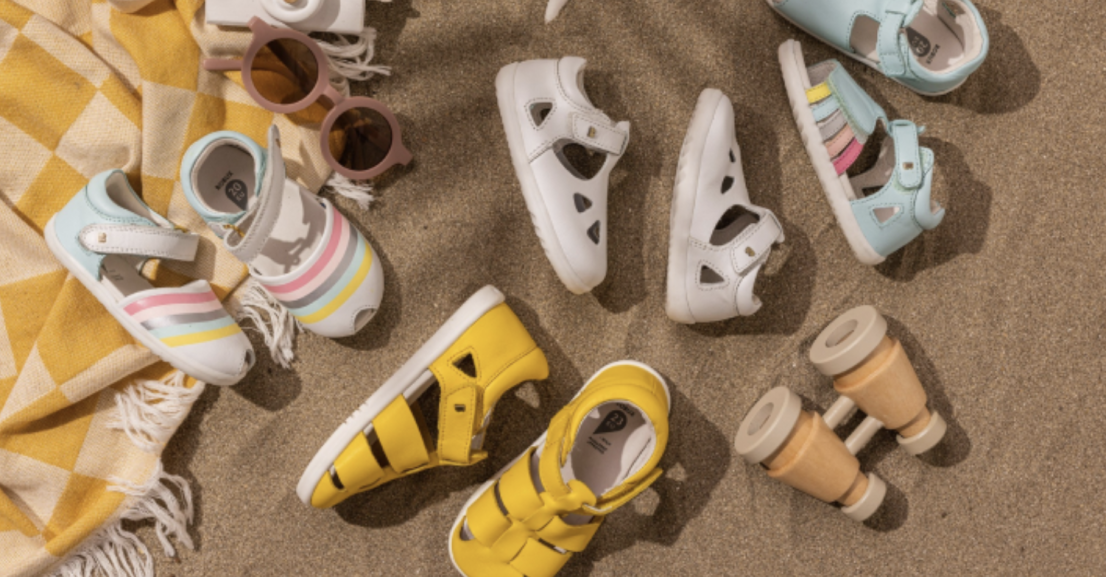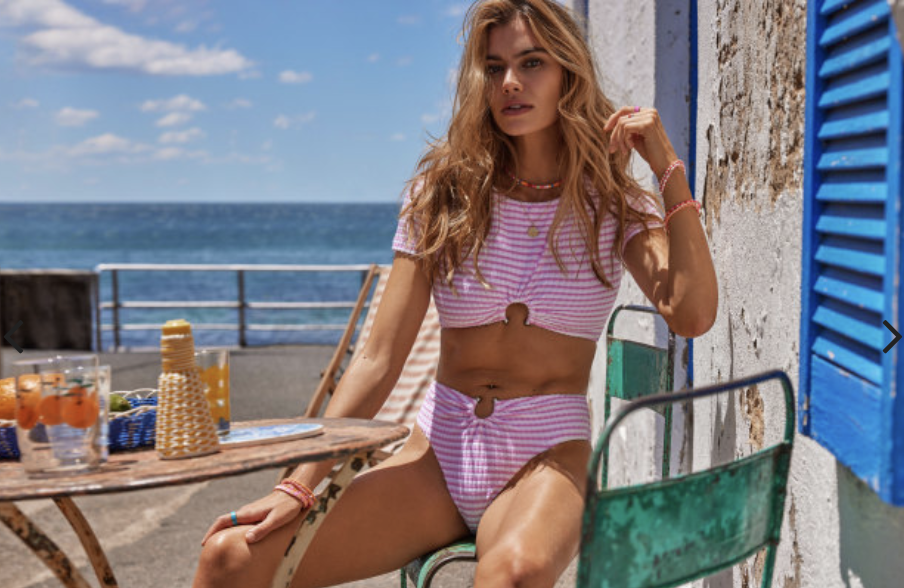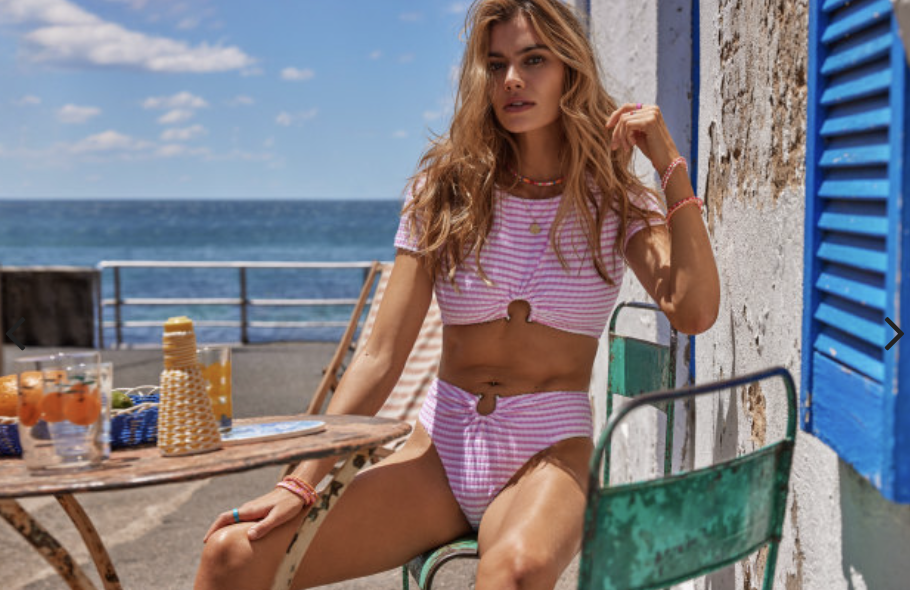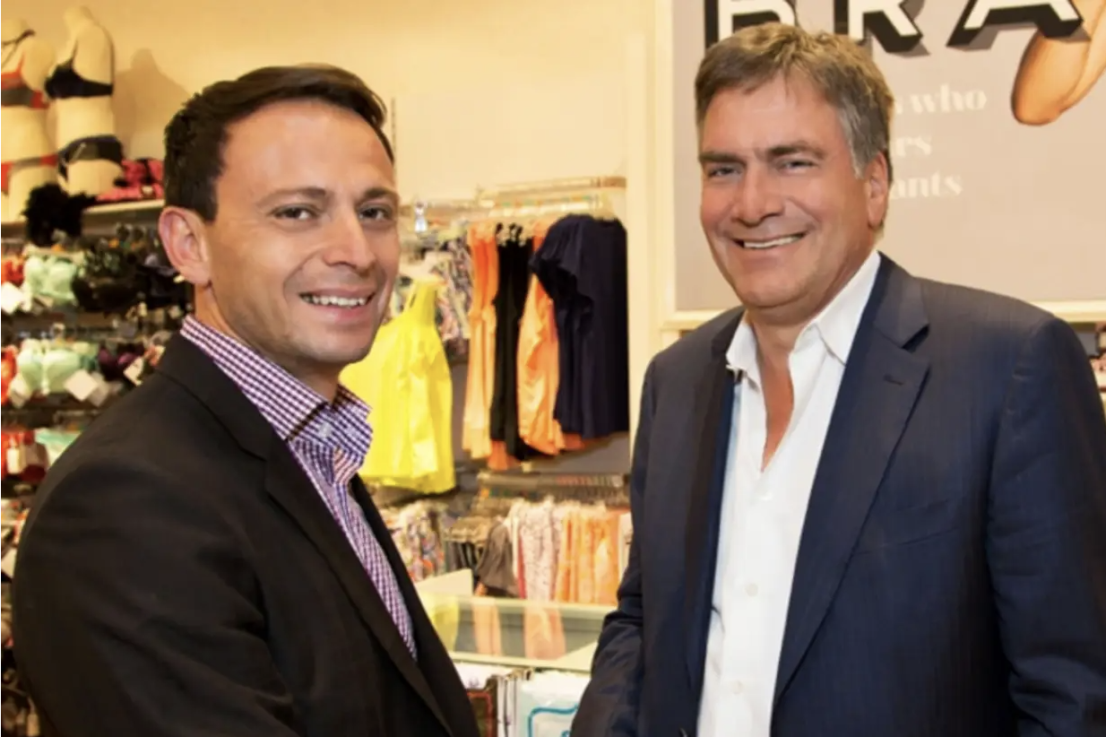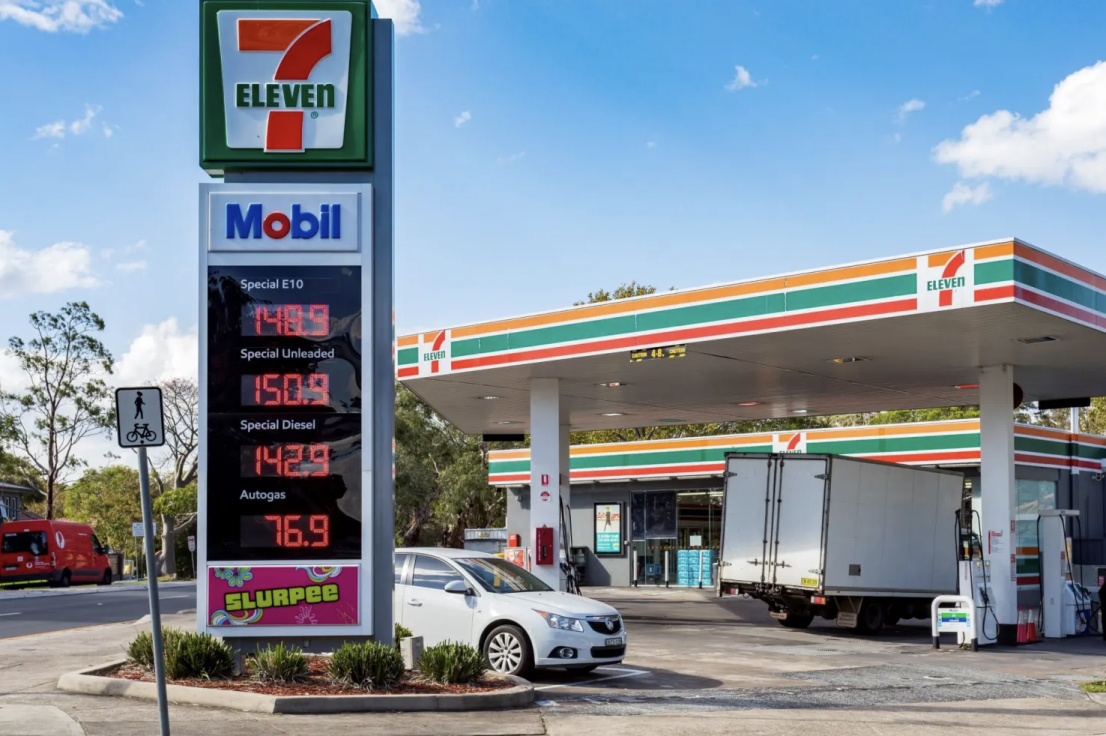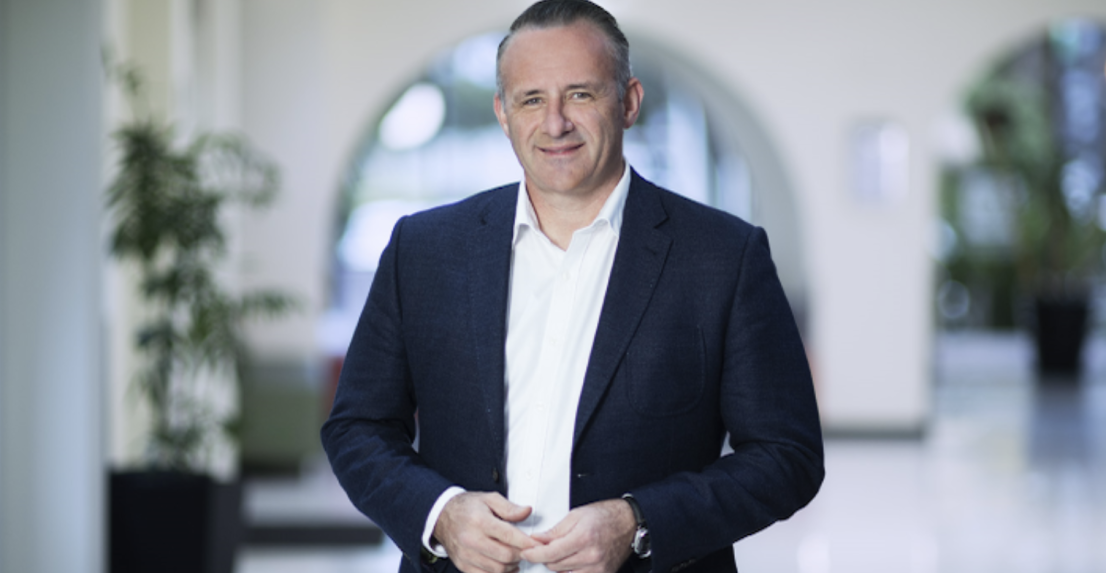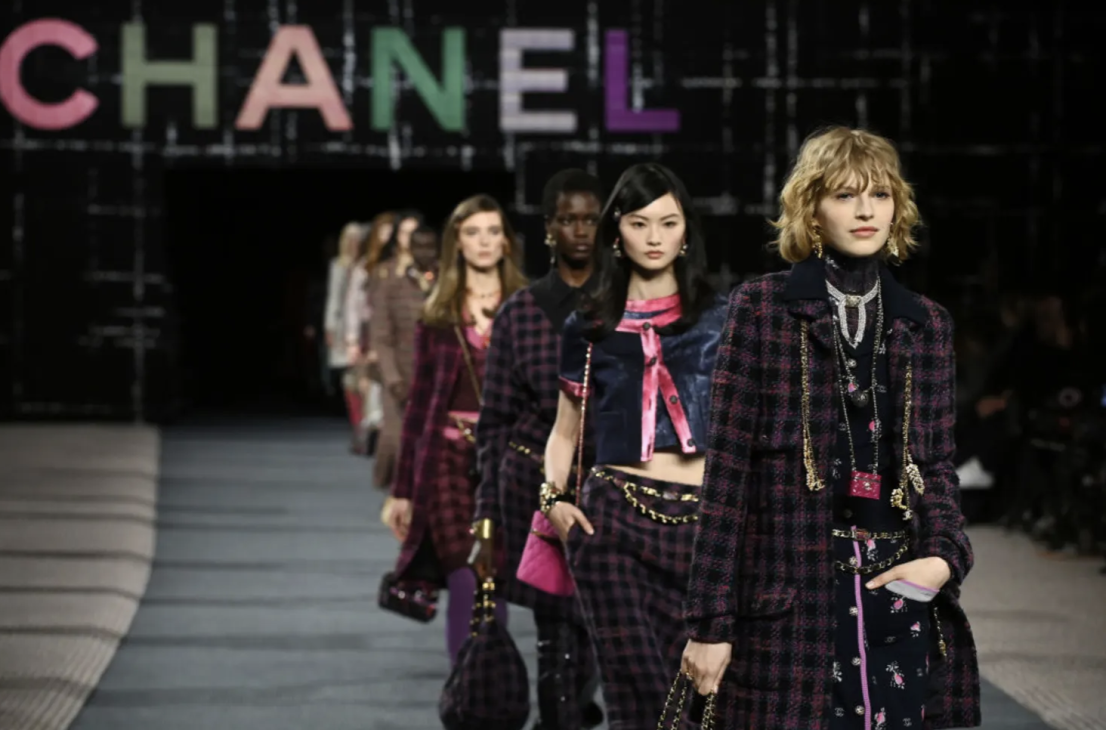
Trade has been more challenging for the global jewellery industry in the second half of FY23, according to New Zealand-born retailer Michael Hill.
This has been particularly noted in Australia and New Zealand, with the latter impacted by significant weather events and a recent resurgence of security incidents and related costs.
Michael Hill added that third-party transactional data for the total Australian retail jewellery segment has shown a double-digit decline in sales for the first four months of the second half.
The Australian jeweller recorded a group sales drop of 3.5% for the second half, while its total group sales for FY23 year-to-date are up 5.5%.
“Despite the more challenging market conditions and the resulting impact on many retailers, I’m encouraged by the Michael Hill performance, as we continue to take market share in our category,” CEO and managing director Daniel Bracken said. “Looking forward to FY24, I’m energised by the pipeline of strategic initiatives that underpin our growth aspirations for the group.”
Meanwhile, the brand has taken over operational control of its newly acquired Bevilles from today, June 1.
Initial steps for the Bevilles’ store rollout growth strategy are reportedly progressing well, with Michael Hill noting that offers of new locations from a number of landlords have been tabled and are currently being considered to prioritise the highest potential new locations.
The company is planning to open 80-100 Bevilles stores by FY28, including further expansion in New Zealand and Canada where Michael Hill already operates. This could also include coverting existing Michael Hill stores into Bevilles locations where the demographic aligns.
Bevilles currently operates 26 Australian stores across Victoria, New South Wales and South Australia. Michael Hill operates 148 across all Australian states and territories, along with 47 in New Zealand and 86 in Canada.
The financing of its Bevilles expansion, alongside other company initiatives, comes from a new three-year $90 million credit facility from ANZ and HSBC.
As well as expanding Bevilles store network, the facility will fund a new digitally-led 'Bespoke' diamond jewellery brand, further rollout of its gold recycling platform, continued international digital expansion and additional organic strategic growth initiatives.
“I’m excited the Bevilles Jewellers acquisition has completed and welcome the Bevilles team members to the Michael Hill family,” Bracken said.
“This acquisition not only demonstrates the Board’s commitment to strategic investment and growth but also provides a platform for significant store network expansion and delivery of incremental earnings.”


